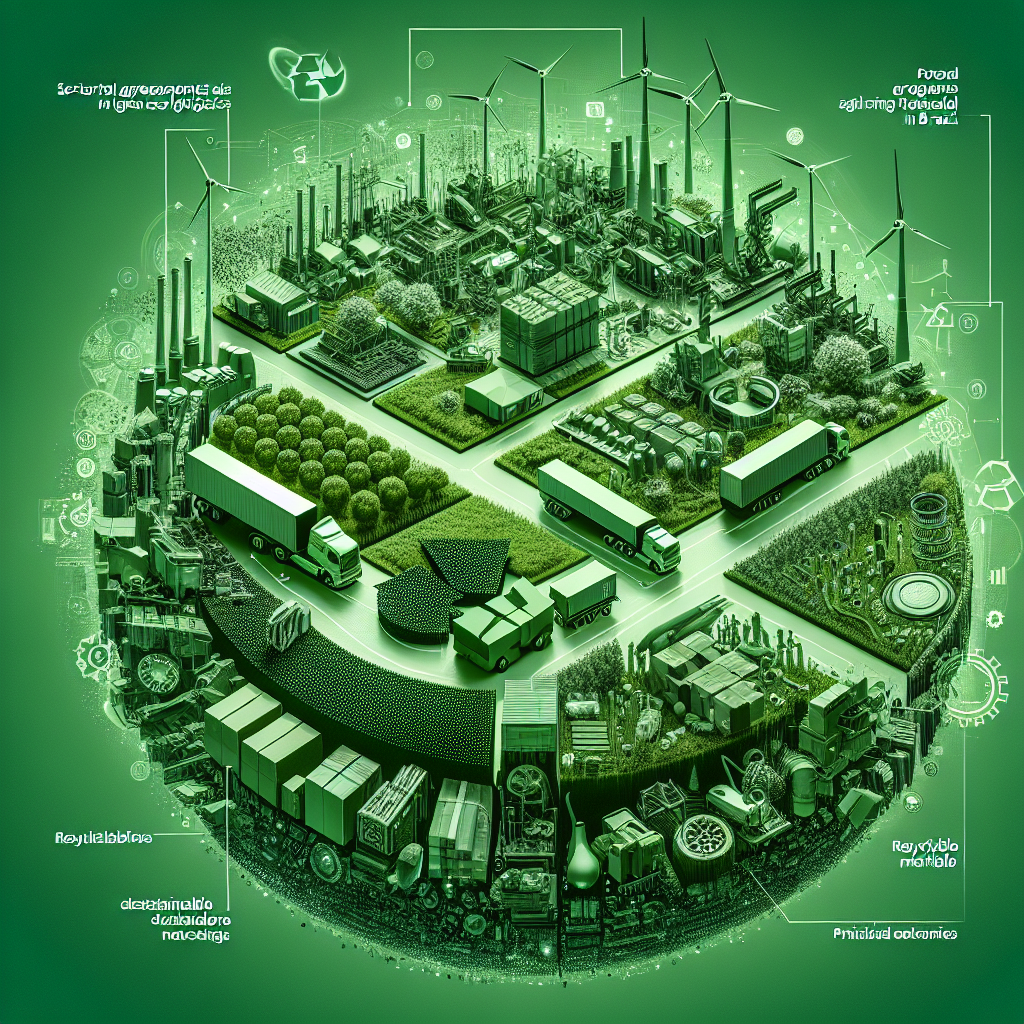Blog Ecobraz Eigre

How sectoral agreements are shaping the future of reverse logistics in Brazil
Introduction to reverse logistics in Brazil
Reverse logistics has gained increasing prominence in Brazil, especially with the implementation of sectoral agreements. These agreements function as instruments of cooperation between the government and the sectors involved, promoting shared responsibility for the life cycle of products.
What are sector agreements?
Sector agreements are pacts signed between government bodies and specific sectors of the economy to regulate and operationalize the reverse logistics of certain products or waste. They set targets, responsibilities and deadlines for collection, treatment and proper final disposal, with the aim of minimizing environmental impacts.
Impact of sector agreements on reverse logistics
Since their implementation, sector agreements have contributed to effectively structuring reverse logistics in the country. They encourage the creation of collective systems, promote stakeholder engagement and enable compliance with the National Solid Waste Policy (PNRS).
Beneficiary sectors and practical examples
Various sectors have already signed sectoral agreements, such as electronics, packaging, tires and chemicals. For example, the electronics sector agreement has organized the collection and recycling of this waste, reducing pollution and reusing valuable materials.
Challenges and future opportunities
Despite progress, there are still challenges such as training, inspection and expanding consumer participation. However, sectoral agreements open up opportunities for innovation, sustainability and sustainable economic development, in line with global circular economy trends.
Conclusion
Sectoral agreements are essential for the advancement of reverse logistics in Brazil, promoting shared responsibility, environmental protection and improved quality of life. Their growth and improvement will have a direct impact on the country's sustainable future.

Deixe um comentário
O seu endereço de e-mail não será publicado. Campos obrigatórios são marcados com *